A fragrance tickles your nose , transports you or on the contrary repels you, but you manage to describe only 2-3 smells out of the entire composition? We grant you, the exercise is not simple and you would be of the opinion to say that this ability to recognize the odors which reach us is the result of a gift reserved for perfumers.
What a nose! Having a nose is not innate! Smell is in fact a sense in its own right that must be cultivated to improve it. Perfumers seem to have an extraordinary sense of smell, sharper than average, but their talent is the result of a lot of rigor and an early awareness of this sense. Because yes, we are not born with a nose, we become one !
Complex and rich, the sense of smell is like a muscle, it needs to be worked . To develop your olfactory abilities and cultivate your sense of smell, it is important to use it in a sustained and repeated manner in order to develop it . So, to your noses, get ready, smell : we give you all our advice to improve your sense of smell and have scent!
A keen sense of smell does not come without a good olfactory culture

Before getting down to business, let's start with a little theory : knowing how to differentiate between olfactory families , developing your olfactory vocabulary , acquiring knowledge of raw materials, behind the scenes of perfumery (particularly niche) etc. will then allow you to put the right words to the smells you smell .
With a little time and desire, you can largely build an olfactory culture on your own thanks to the many existing resources: books, blogs, podcasts, social networks, digital resources... The choice is vast! This is also what we are trying to do with Bastille through our blog articles and on Instagram:
Whether you are a beginner, passionate or more expert on the subject, here are some useful resources for you that will allow you to forge your olfactory culture - and at the same time give you the opportunity to shine at your next dinner:
Books :
- The Big Book of Perfume by Nose La Revue,
- From the plant to the essence of Nez La Revue and Simppar,
- or the entire “ Nez + LMR notebooks of natural” collection which talks about each raw material of perfumery (immortelle, orange blossom, sandalwood, etc.) and all its facets through botany, history, mixology, agriculture and chemistry without forgetting, of course, the perfumes and perfumers of Nez La Revue and LMR Naturals of IFF
- and The perfume of Jean-Claude Ellena!
Sites/blogs: Auparfum , Fragrantica , Fragrance Foundation , Ça Fleure Bon …
Passionate about French-speaking perfumes: @manotedecoeur , @nikopieri , @scentifolia , @talkaboutperfumes ,@jeremy_perfumum , @silvereparfum and many more!
And English speakers: @perfumeofthemoon , @icarus.mid.air , @waroengfrancais , @olfaxtory ...
Podcasts: La parfumerie Podcast , Podcasts by Nez , Fragrance Foundation podcasts and many others.
And one last one for the road: ScenTree ! This site classifies the raw materials (natural and synthetic) used in perfumery and gives for each, a mountain of extremely interesting information: dominant notes, origin, extraction, regulations, take a look, you will see it is fascinating.
If you also have any recommendations, don’t hesitate to share them in the comments!
Now that olfaction no longer has any secrets for you , it's up to your nose to come into action. Is he impatient? Come on, we won't keep him waiting any longer, let's go.
Exercise #1: Feel consciously and as often as possible

We start crescendo, with a simple exercise! Feel everything around you and as regularly as possible. The key is consistency. This is what will allow you to concentrate your sense of smell and help you strengthen your olfactory connections . The goal with this exercise is to stimulate them enough so that eventually, your brain can recognize as many odors as possible and as simply as possible.
Our advice: start with simple smells from everyday life like coffee, basil, mint... and also, don't hesitate to write down all your sensations in an olfactory notebook - whether they are pleasant or not.
Exercise n°2: Olfactory guessing game

After having consciously felt, it’s time for guessing ! Practice guessing with your eyes closed to get your nose used to recognizing smells.
Ask those around you to let you smell different smells and try to distinguish them. Start with smells that are fairly simple to recognize with very distinct facets (woody, powdery, oriental, tangy, etc.) then when you feel capable of moving to the next level, ask them to make you guess more and more smells. complex : various teas, spices of all kinds, different flowers like mimosa or lily etc.
Exercise n°3: Memories, memories
Take the time to associate the smells with a word, a place, a memory or a person .
Smell is one of the senses most linked to emotional memory : suddenly, all of a sudden, a smell hits us and reminds us of a moment, a memory... We often remember a smell with a context, a memory, an emotion. For example, when you smell burning, you may feel fear because your brain has memorized the idea that this smell could be dangerous. Conversely, the smell of freshly baked cookies or the smell of clean sheets can evoke a fond memory and give you confidence. A bit like our Un Deux Trois Soleil eau de parfum, a warm and regressive fragrance as you wish!

When we smell an odor, memory and emotions are immediately called upon: the odors that we smell every day take a very different path from the other senses since they go directly to two specific areas of our brain, namely the amygdala and hippocampus. Areas precisely dedicated to emotions and memories . If the link between smells and emotions interests you, do not hesitate to read our dedicated article: after that, smell will no longer have any secrets for you !
This exercise will allow you to better identify the smells that resemble you, please you or, on the contrary, repel you.
Exercise #4: Imagine the smells in your head
Recognizing a smell also means having the ability to visualize it mentally.
On the other hand, olfactory mental imagery - yes, because this ability has a name! - is a more difficult exercise than visual or auditory mental imagery .

Supporting evidence: we are all capable of visually imagining ourselves walking around a place or even mentally humming the latest hit that is playing on loop in our head... But can you mentally conjure up the smell of bread roasted to the point of smelling it in your head? It all seems complicated to us...
According to a study carried out by researchers comparing students from the Versailles perfumery school (ISIPCA) to more experienced perfumers, the results show that olfactory mental imagery in trained people activates a brain area normally stimulated during perfumery. perception : perfumers trained to recognize an innumerable number of odors, trained to create new odors by imagining and mixing them, are therefore capable of smelling an odor in the absence of it. But then, how do we do it?
The key words once again: training and regularity ! Indeed, olfactory training decisively influences the level of activation of mental imagery neurons of odors and your olfactory connections. The more you practice, the more efficient and quicker you will be at mentally recreating smells.
To do this, for example, visualize your favorite cake and try to imagine the smell that might escape from it. Proceed in this way with other smells and you will see, your sense of smell will no longer have any secrets for you.
Exercise n°5: blind tasting
Did you know ? We also eat with our noses! Smell is, in fact, closely linked to taste and even richer and more complex than taste. We'll explain it to you.
Our taste buds can detect 5 different families of flavors : sweet, salty, sour, bitter and the new sense of taste, umami (“essence of delight” or “monosodium glutamate”) which originates from Japanese cuisine – its taste is often described as the meaty delight between salty and sweet that deepens the flavor.

Our nose, on the other hand, can pick up up to nearly 10,000 odors . Perfumers, thanks to exercises - including those previously mentioned - can recognize and memorize up to 1000 odors. And it only takes a cold knocking on your nose's door for your senses to be put to the test... And we think that covid was clear proof of this.
So, when you eat, your sense of smell also comes into play alongside taste: smell allows you to perceive the smell and aromas of what you are eating while taste allows you to detect the different flavors (sweet, salty, sour, bitter or umami).
For example, when you eat a fruit - say an orange - certain molecules will come into contact with your taste buds present on your taste buds and send you a message about the flavors of the latter: acidic and sweet for example. Then, its volatile aromatic molecules will be released and travel up the back of your throat to the nasal cavity where they stimulate the olfactory receptors. Our sense of smell plays a determining role because it allows us to distinguish the “taste” of an orange from the “taste” of a strawberry.
So get to your plates! This last exercise will allow you to improve your sense of smell - and to appreciate what you eat even more. At your next meal, and as often as you like: close your eyes and try to determine what is on your plate.
Shall we move to the next level?
After a few weeks of training or if you already feel ready to move to the next level: practice directly with your perfume collection! What smells reach your nose first? Gourmet, citrus, green smells...? What notes reach your nose first? Which ones last after a few minutes?
Take the time to break down what you smell then compare with the list of ingredients of the perfume in question - when it is shared by the brand such as Bastille. It's still simpler with the list :)
There you go, you now have all the keys to perfecting and strengthening your sense of smell ! If you have any other questions on this subject, don't hesitate to ask us in the comments or write to us on Instagram, we will be happy to answer them!
Sources: Auparfum , Futura Santé , Le Quotidien du Docteur , Inrae , Radio France
Photos: Unknown, Nicolas Mingalon, Bastille







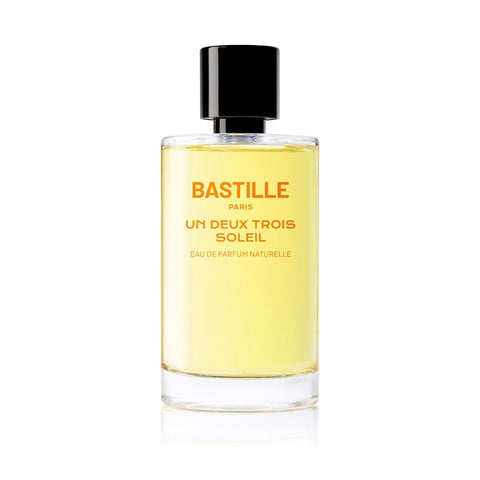
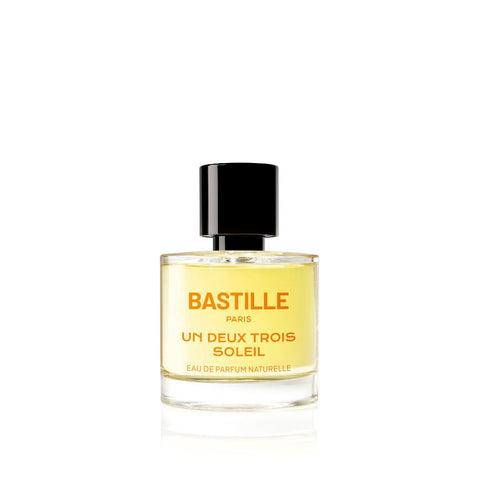
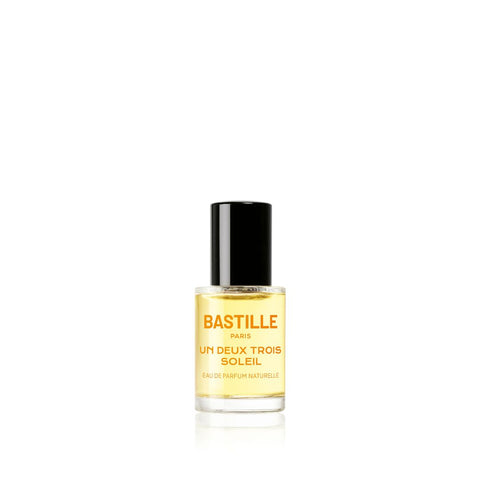
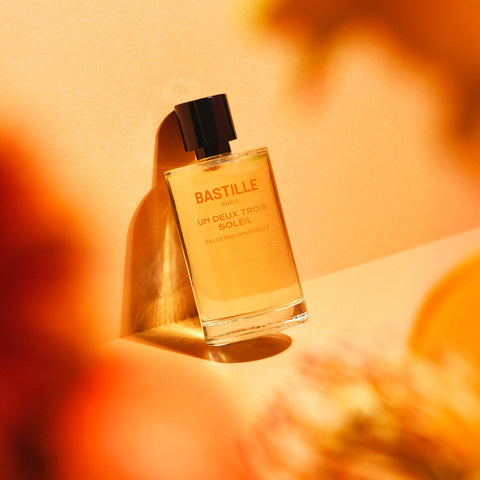
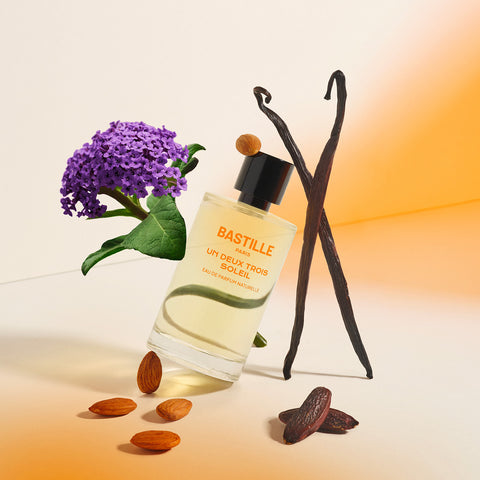
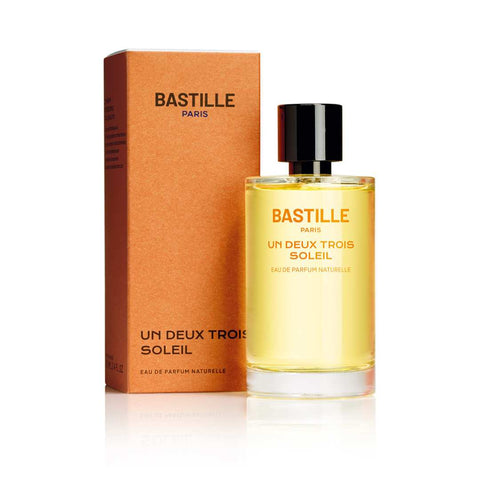
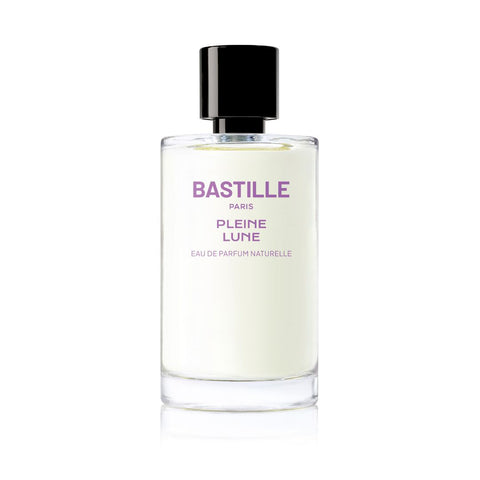
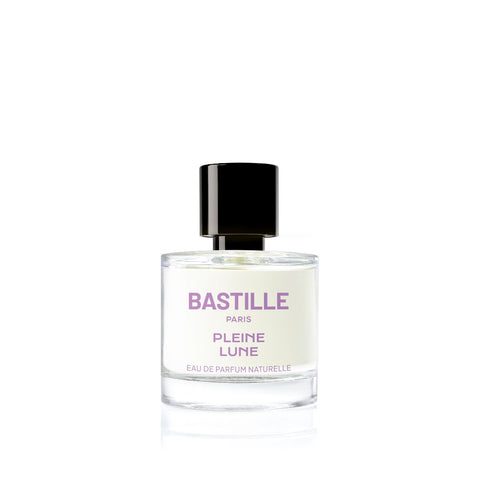
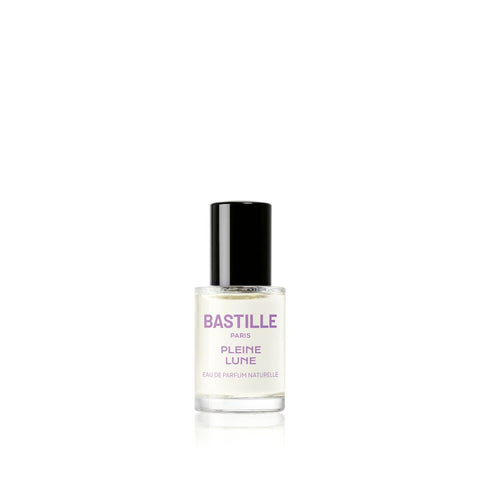

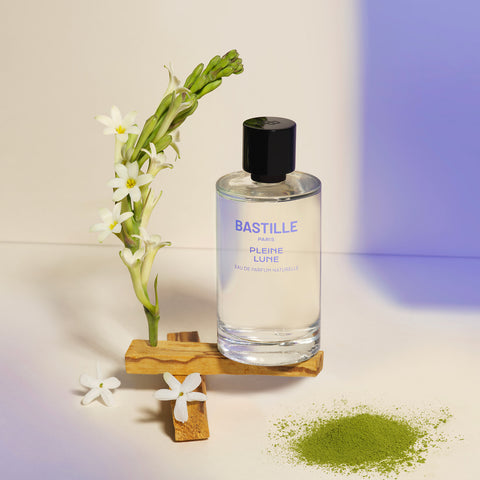
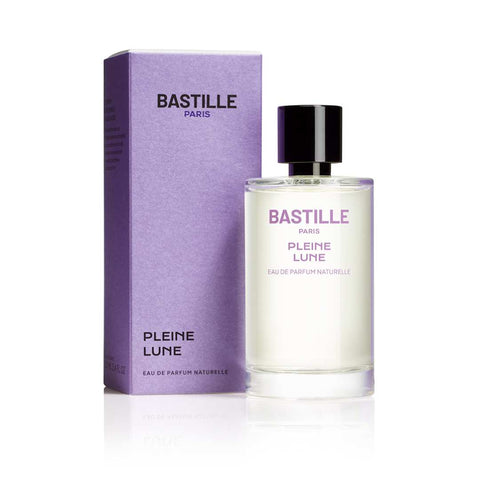
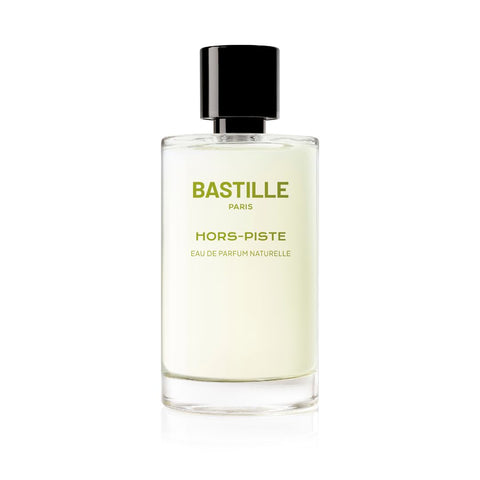
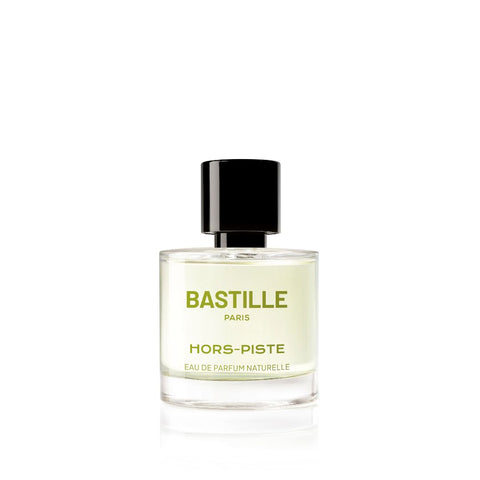
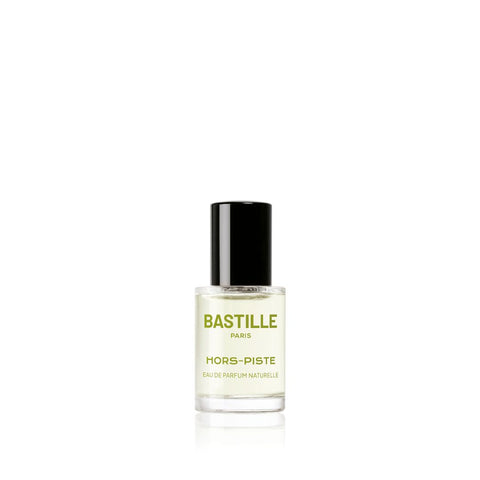
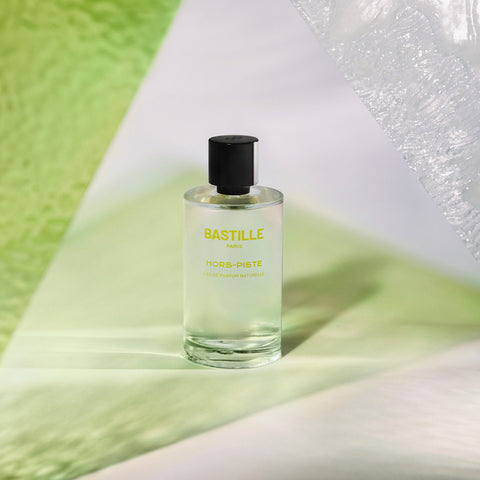
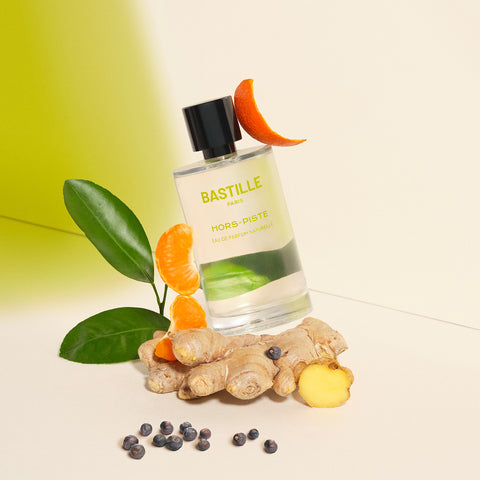
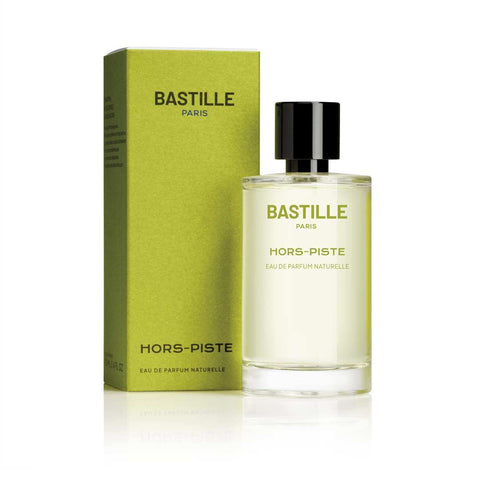

Comments (0)
There are no comments for this article. Be the first one to leave a message!